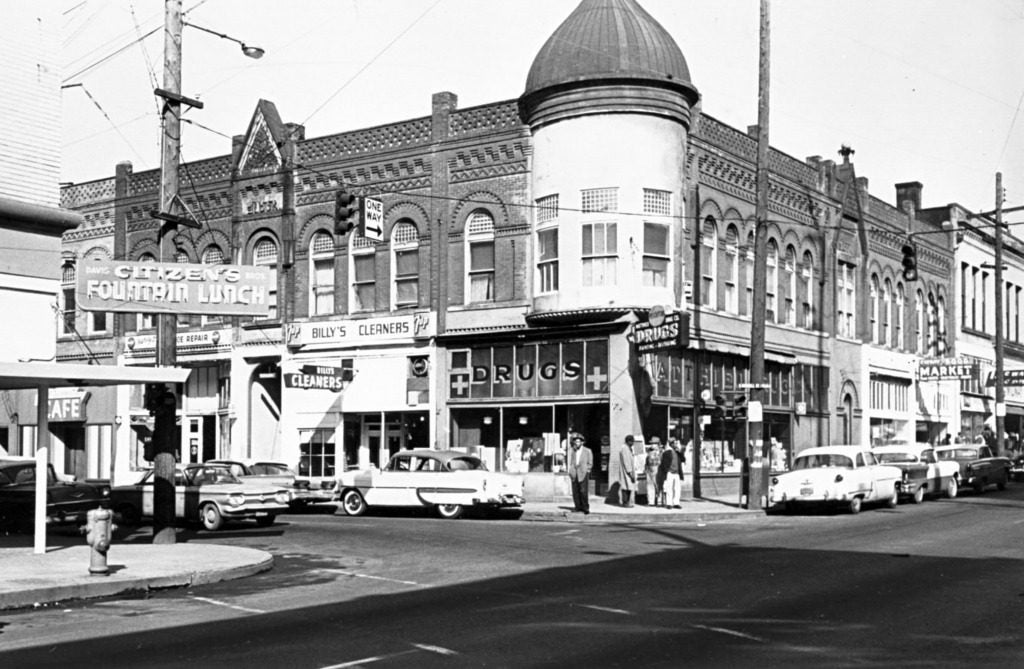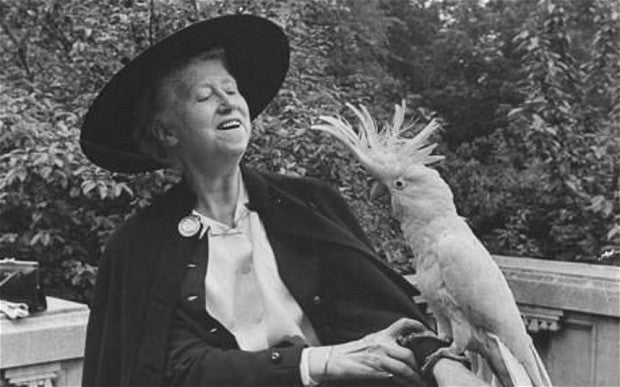At the Piano: Remembering Lorraine Geller and Portland’s Jazz History
Recorded in Los Angeles in 1954, At the Piano came out in 1959, a year after Lorraine died. Jazz trios are a dime a dozen, and piano trio albums can sound so much alike that they seem interchangeable. The worst have too many standards. Too little fire. Not enough swing. They can sound stiff, safe, almost classical in their polish. Lorraine’s, though, brims with life.
At the Piano: Remembering Lorraine Geller and Portland’s Jazz History Read More »
Recorded in Los Angeles in 1954, At the Piano came out in 1959, a year after Lorraine died. Jazz trios are a dime a dozen, and piano trio albums can sound so much alike that they seem interchangeable. The worst have too many standards. Too little fire. Not enough swing. They can sound stiff, safe, almost classical in their polish. Lorraine’s, though, brims with life.








